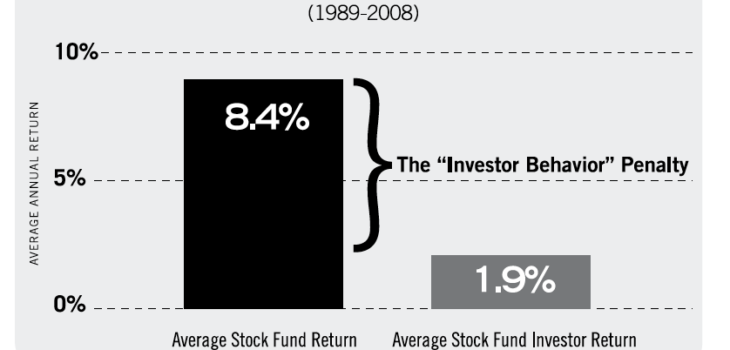
How does lowering the Fed rates benefit you?
With the lowering of Fed interests rates by 50 basis points last week, it can be an opportunity for investors and the markets.
The Fed rate is at the lowest point in history and may continue to stay low, if the physical economy might take some time to recover with all the fear of COVID 19.
At the same time, the stock markets have gone crazy with wild swings with movements up and down like the see saw.
The question at the back of people’s mind is, “How does it affect me and what do I do with this piece of information right now?”
This period of time works perfectly well for WEALTHY families who want to grow, protect and preserve their assets through multigenerational legacy planning. Through proper allocation of assets, it can bring increased certainty with reduced risk at this time.
Speak with us who can help you navigate through your life goals, dreams and even use the current situation to your advantage.








